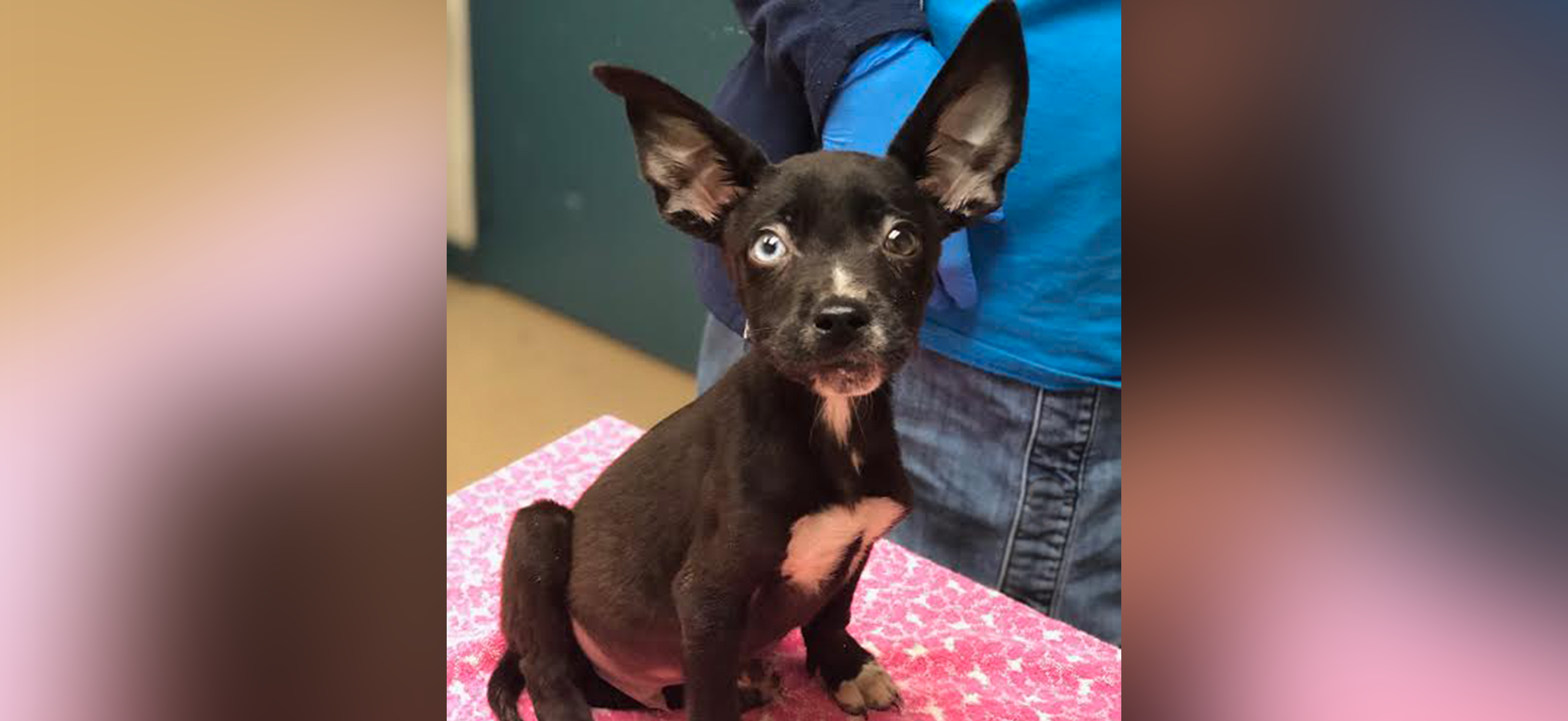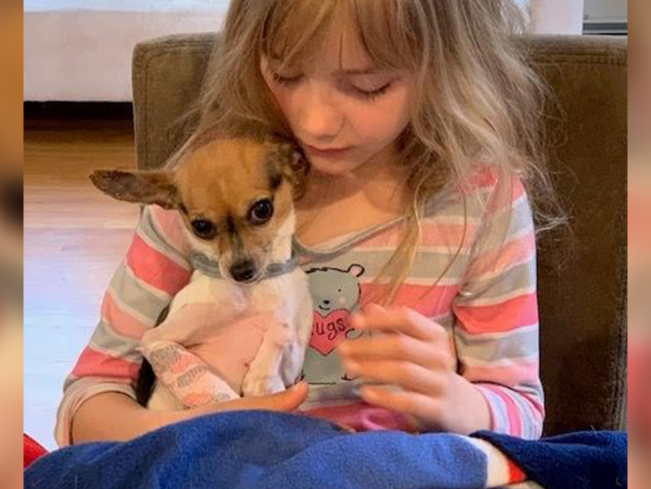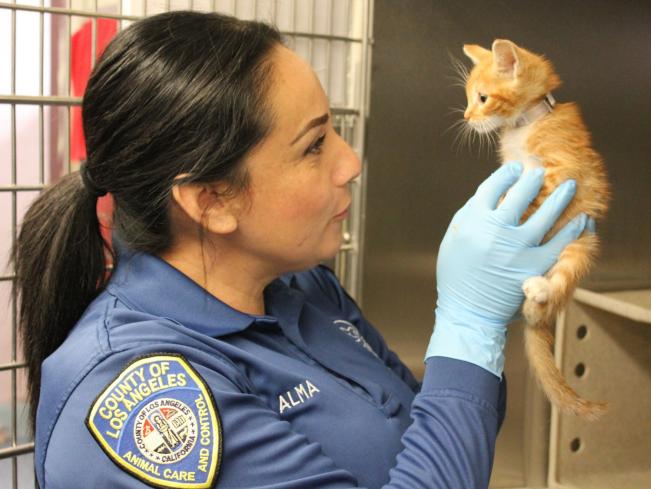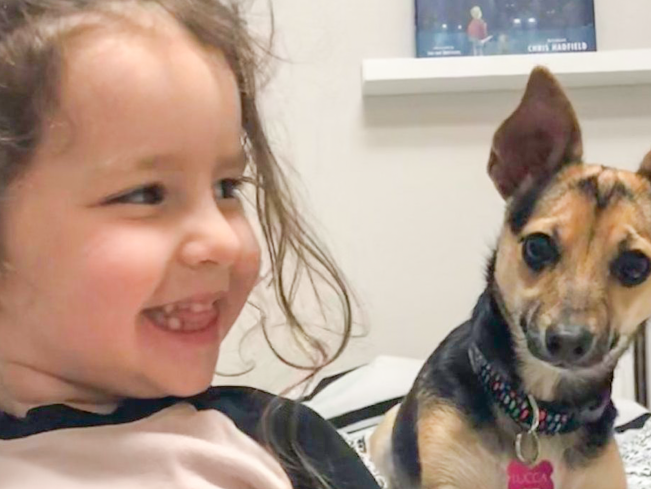In an average year, the South Suburban Humane Society (SSHS), serving ten areas in Chicago Heights, IL, takes in between 3,500 and 4,000 surrendered pets and strays. They have a low-cost veterinary clinic for spaying, neutering, and other veterinary needs, and a new adoption center that had them on track to get an amazing 3,500 pets adopted per year. “Then,” says Emily Klehm, CEO of South Suburban Humane Society, “COVID-19 came.”
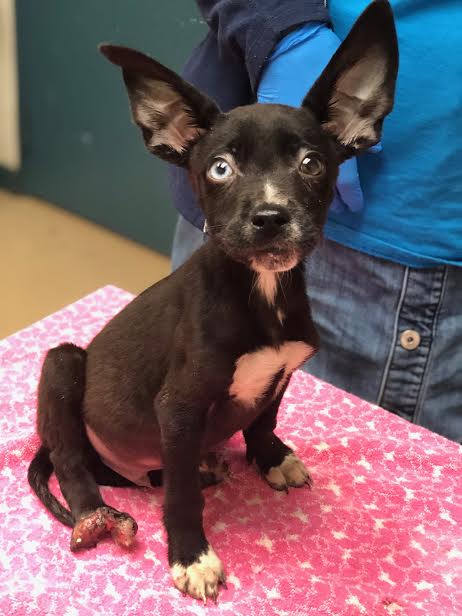
SSHS serves roughly 2 million people, from rural sections to the city. “Our greatest concern for our community is the economic impact,” says Emily. “We already operate in one of the most economically challenged areas in all of Illinois, and that was before the recession. We’re incredibly worried about our community’s ability to rebalance and be able to keep their pets.”
To help them meet that challenge, PetSmart Charities fast-tracked a grant to get funds to SSHS. The main focus: “Ramping up our pet retention efforts,” says Emily. “We had a program in place to stock the pet food bank, give out supplies, make free vaccines and flea preventative available, and a partnership with low-cost veterinary services. We have a behavior coordinator who can provide support. If people needed a crate, kitty litter, pet food, we found ways to get them what they needed to keep as many pets out of our shelter and in homes as possible,” Emily says. “The phrase we’re using is, ‘Whatever it takes.’”
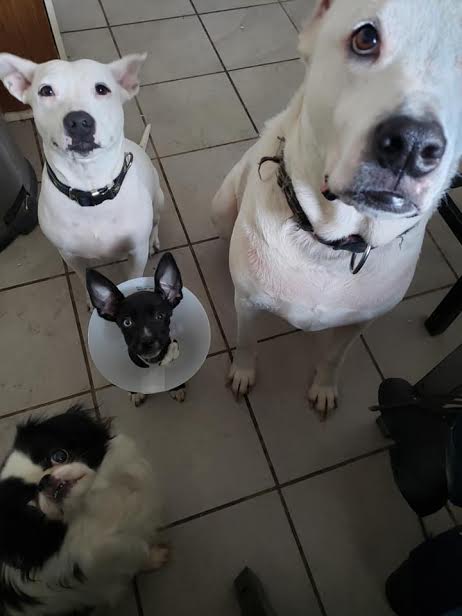
Emily is quick to point out that, just as the SSHS staff provided support for desperate pet owners, SSHS got support, too. “PetSmart Charities gives us more than financial help,” she says. “They give us guidance, provide shoulder to cry on. Our regional manager texted me a few days into the shutdown order asking, ‘What can we do, how can we help you?’ They set up a donation drive in stores so we could get and distribute more supplies. They are an amazing team of folks who truly care.’”
Even though their new adoption center was temporarily closed, the staff of SSHS also managed to find a new road to increasing adoptions. Like everyone else in the world, they’re now doing meetings online—with pets and potential adoptive parents. “Our virtual adoption agency is something we’ll continue beyond the pandemic,” she says. “Our adoption manager sets up a video call with the potential pet parents and the fosters, and once the approvals come through, the handoff is done at a PetSmart store. Everyone is loving this process!” Especially Bat Dog, a puppy who’d been found abandoned in a crate in a forest preserve. SSHS helped him survive an injury that cost him a leg and parvo, and Bat Dog was adopted by a loving family.
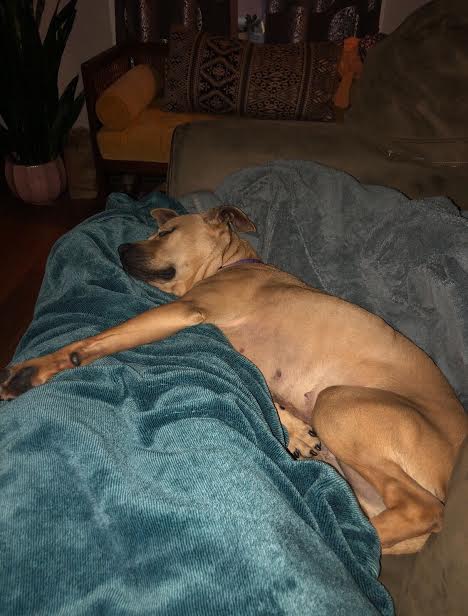
That was just the beginning of the way the community SSHS helps turned out to help them. “We have more foster parents than animals at this point,” says Emily. “So many people wanted to foster. A couple who’d never fostered before came in and asked for the dog who’d been with us the longest.” That was Navy, a rescue from a dog fighting and breeding operation who was shy about people and dogs. “She spent two years in a cage here, and now we’re getting pictures of her cuddling and being so happy in a home. That would not have happened if people hadn’t answered the call for fosters. We’re hoping to build on this and shelter more pets in homes. I’m looking at some empty cages,” Emily says, “and I’m hoping to keep them this way.”
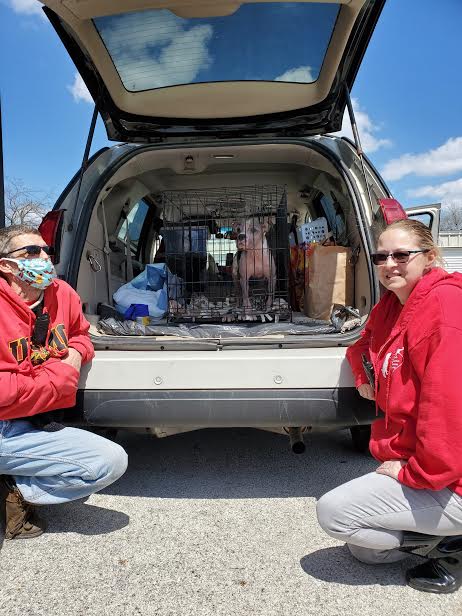
For more information, or for assistance, visit South Suburban Humane Society’s website: southsuburbanhumane.org

